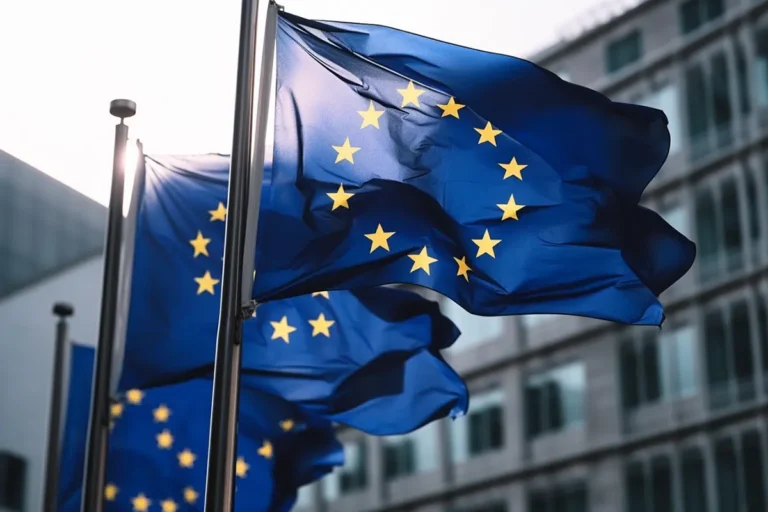To address growing concerns over artificial intelligence (AI) technologies’ potential disruption of elections, the European Union (EU) has launched a probe into Big Tech’s utilization of generative AI. The inquiry, announced Thursday, targets major tech players, including Meta, Microsoft, Snap, TikTok, and X, focusing on their strategies to mitigate the risks associated with AI, particularly the spread of computer-generated deepfakes.
The European Commission’s investigation comes amid fears that generative AI could be exploited to disseminate false information, manipulate public opinion, and undermine the integrity of democratic processes. Regulators are particularly wary of the upcoming EU parliamentary elections this summer, where AI-generated content could potentially sow chaos and confusion among voters.
Critical concerns highlighted by EU officials include the proliferation of deepfakes, AI-generated media that convincingly depict false events or statements, and the manipulation of online services to deceive voters. Platforms such as Meta, Microsoft, Snap, TikTok, and X have been given until April 5 to provide detailed information on their measures to combat these risks.
The European Commission emphasizes that failure to address AI-related risks could result in fines or penalties under the Digital Services Act, a landmark regulation governing social media and online platforms. This signals a significant escalation in EU efforts to hold tech companies accountable for the impact of their AI technologies on society and democratic processes.
In addition to concerns about election integrity, the investigation addresses broader issues surrounding the use of generative AI, including its impact on user privacy, intellectual property rights, civil liberties, and children’s well-being. Companies will have until April 26 to respond to inquiries regarding these topics.
The probe into Big Tech’s use of AI is part of the EU’s broader efforts to regulate the digital landscape and ensure that technology is deployed responsibly and ethically. By scrutinizing how companies handle AI-generated content and its potential consequences, the European Commission aims to establish guidelines that safeguard democratic principles and protect citizens from harmful misinformation.
The investigation into X, Elon Musk’s social media company, is connected to an ongoing inquiry initiated during the Israel-Hamas conflict last year. EU officials have expressed concerns about the platform’s vulnerability to automated manipulation, including the use of generative AI. X CEO Linda Yaccarino met with Thierry Breton, a top EU digital regulator, in late February, indicating the company’s cooperation with regulatory authorities.
As the response deadline approaches, stakeholders will closely monitor how Big Tech companies address the EU’s inquiries and whether their measures are deemed sufficient to mitigate the risks associated with AI. The outcome of the investigation could have far-reaching implications for the regulation of AI technologies and tech companies’ responsibilities in safeguarding democratic processes in the digital age.
The EU’s probe into Big Tech’s use of generative AI underscores the growing importance of regulating technology to protect democratic values and prevent the spread of misinformation. With elections on the horizon, ensuring the integrity of online platforms and combating the misuse of AI has become a top priority for European regulators.


